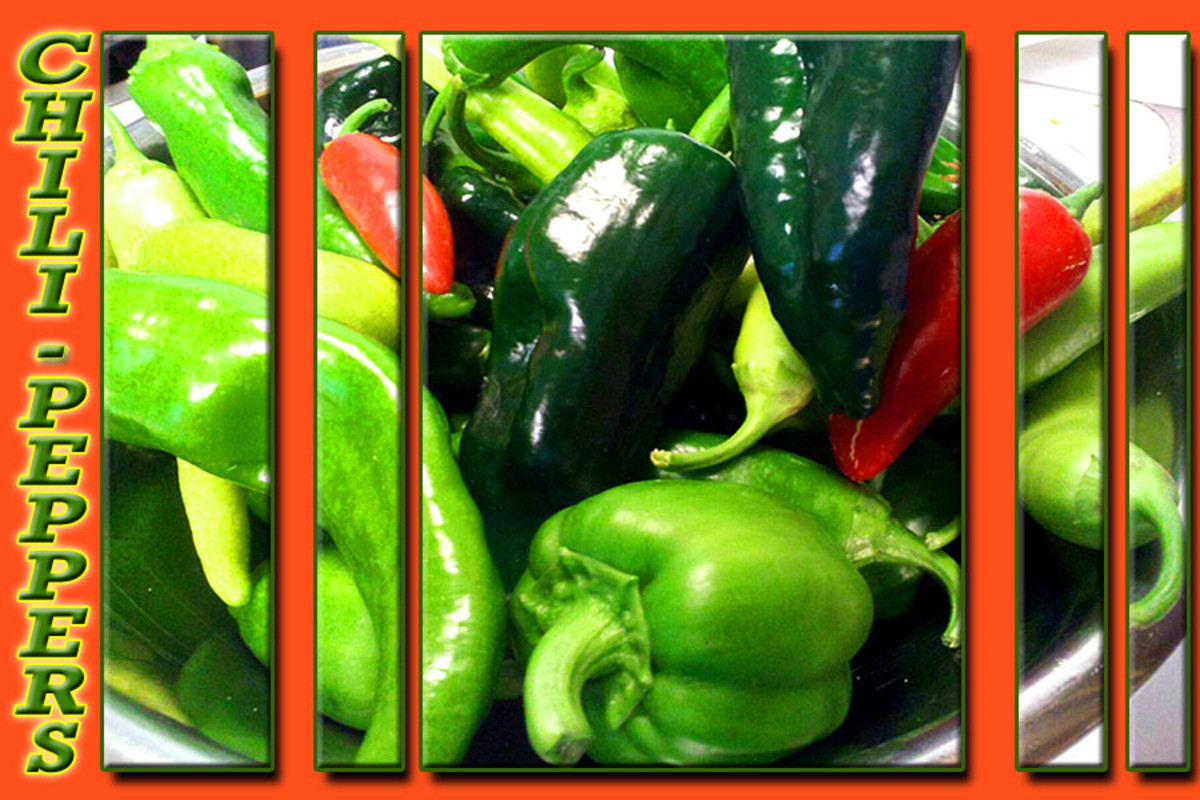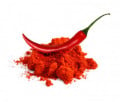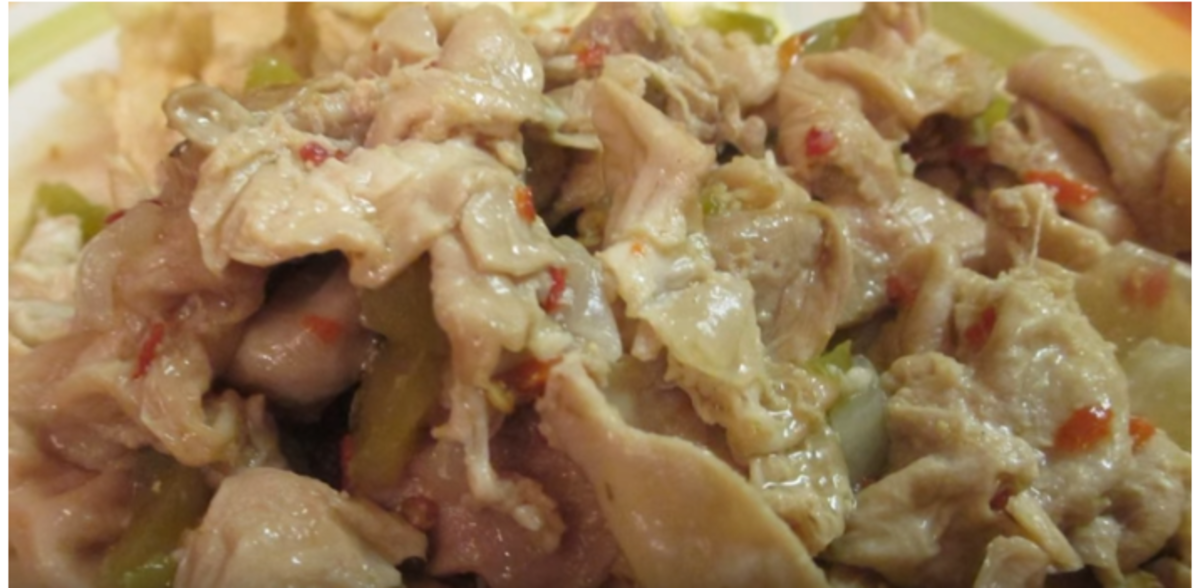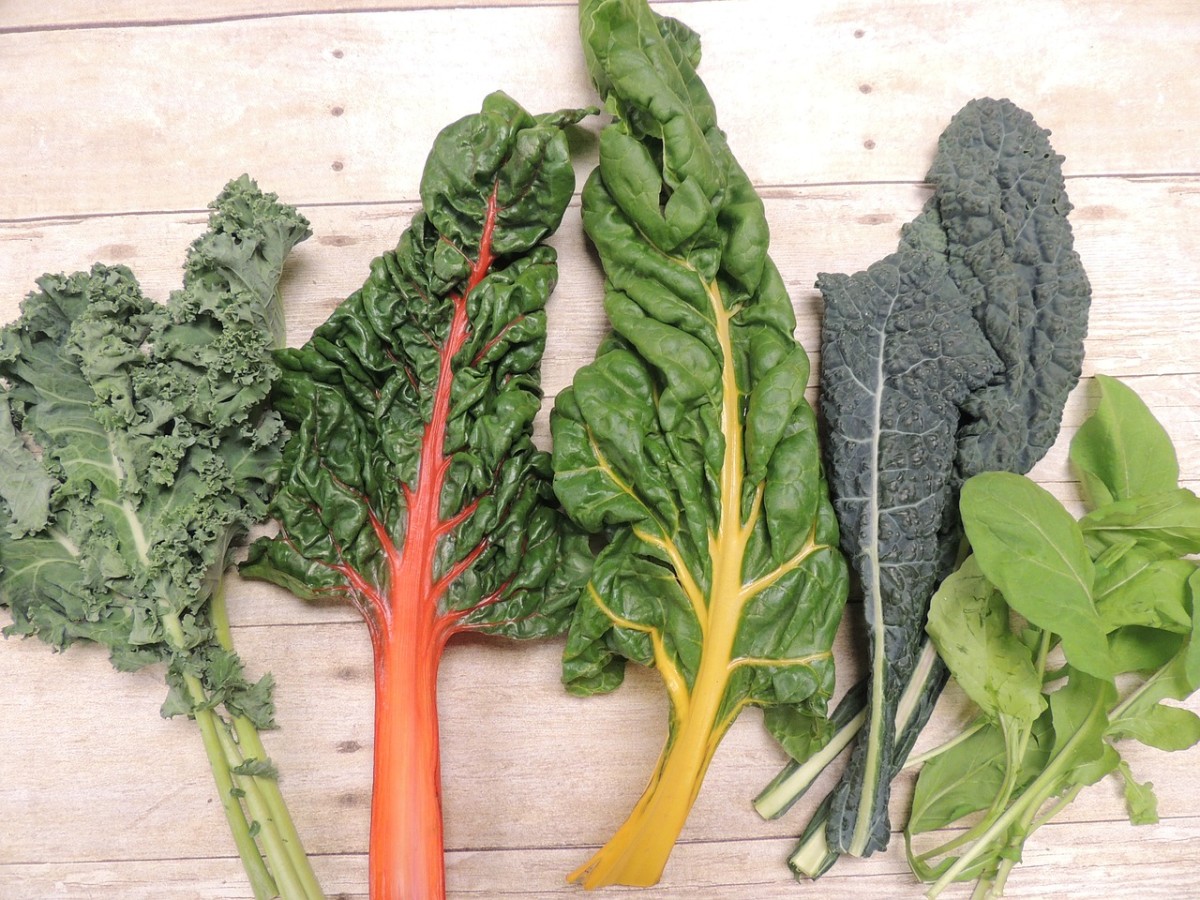Why Spicy Food Is A Good Thing
Too hot!
Many people in the west have a limited tolerance for extremely hot and spicy food. This is particularly the case in parts of America, such as the Midwest, where such food is rarely eaten.
Because of this, a lot of people think or assume that spicy food is bad for you. The most common thing said is that spicy food will give you ulcers or heartburn. This may or may not be true - spicy food may make ulcers worse and some people do get heartburn from it. Others think that the burning sensation on the lips and tongue after eating something really 'hot' has to be a bad thing.
Truth is, spicy food is actually a good thing. Really?
What makes hot food 'burn'?
The answer is a family of chemicals called capsaicinoids. They are produced by chili pepper plants (which come in a wide variety) to deter herbivores and fungi. So, yes, the chili pepper is hot to try to stop you from eating it.
Birds, however, are immune to capsaicin, and thus, in the wild, they eat the peppers and distribute the seeds widely.
Does eating capsaicin make you feel good?
It can. The slight pain caused when the capsaicin comes in contact with the lips and mouth can cause a slight euphoria by releasing endorphins. (This means it is possible for some people to become literally 'addicted' to hot food). Hot food can, thus, elevate a down mood. This is, of course, one reason why spicy food is enjoyed by so many people in so many cultures.
Hot food as a cold remedy
Eating a very spicy meal if you have a cold or allergies can help relieve symptoms of sinus congestion. Horseradish and garlic are helpful as well as, or along with, capsaicinoid containing fruits. The irritation opens up the nasal passages and reduces swelling in the sinuses. While hot food won't cure the common cold, it can make you feel quite a lot better. The large amounts of vitamin C in peppers can't hurt either.
Recent studies have indicated that eating hot food as a child can make it less likely that you will develop asthma as an adult.
Why do people in hot places eat spicy food?
The cultures that prepare most of their food with hot spices are mostly tropical and subtropical. Does this mean that spicy food is good to eat if you are hot?
As it happens, it is. Spicy food acts as a stimulant, and one of the effects is to improve blood circulation. This means there is more blood flowing to the extremities and close to the skin - which can cool you down. Hot food can also stimulate a heat-suppressed appetite.
There is also a second reason. As the chemicals in hot spices protect the plant from infection, so they can also protect your food from spoilage. In hot climates before the invention of refrigeration, sauces that 'nothing can live in' helped prevent food poisoning. In Ethiopia, raw beef is commonly consumed with an extremely hot sauce...the dish is known as gored gored and the spice is actually used as a substitute for cooking, both preventing spoilage and slightly breaking down the beef to make it more palatable.
Hot food and your heart
Capsaicin is now being studied as a potential treatment for heart disease. One of its effects is to block the action of a gene that causes contraction of the arteries. If you already have narrow arteries, then this has to be a good thing.
Capsaicin given during a heart attack (usually by means of rubbing a capsaicin-containing salve, commonly sold as a pain reliever) has been recorded to produce an 85 percent reduction in heart cell death.
Eating spicy foods could also lower your cholesterol levels and blood pressure and reduce hardening of arteries.
Hot Food and Cancer
Cancer cells have a weird metabolism...and for some reason, capsaicin doesn't like it. Capsaicin may actually be useful to treat just about every kind of cancer there is, by interfering with the cellular mechanism.
This could lead to capsaicin salves being used to treat skin cancer and people with a family history of cancer being recommended a spicier diet.
Spicy food while pregnant
A lot of the times when something has interesting and potentially beneficial effects, women are recommended to avoid it while pregnant or breast feeding.
There is absolutely no evidence that eating spicy foods while pregnant or nursing will hurt your baby. Some pregnant women may find that spicy foods give them heartburn, especially during the last trimester. The old wives' tale that spicy food during pregnancy will make marks on the baby's skin is just that - an old wives' tale.
However, there is strong evidence that eating spicy food during the last trimester and while nursing will have one long-term effect on your child: Children who's mothers do that have a higher tolerance for spicy foods. Which is probably, on the face of it, a beneficial side effect.









